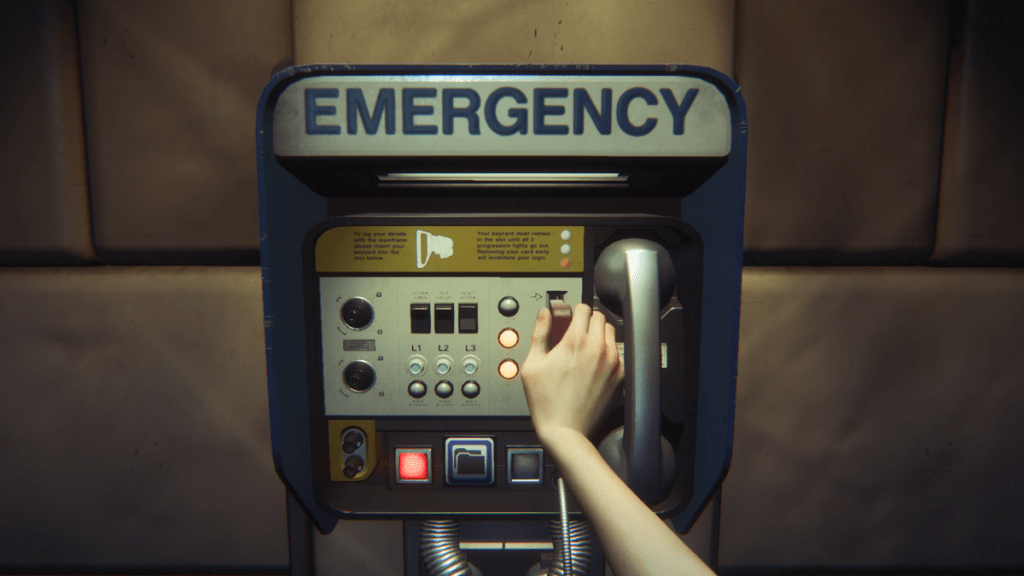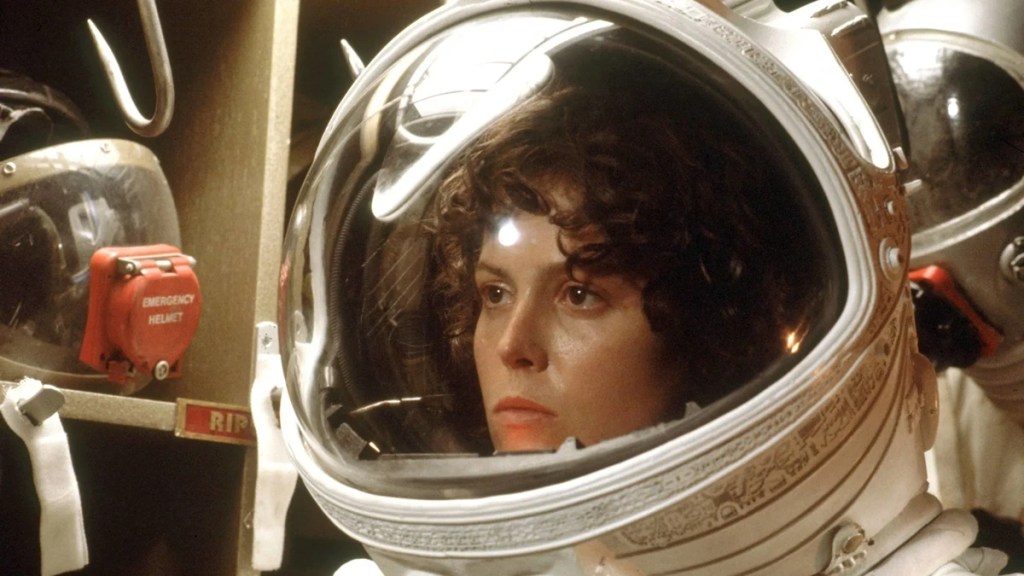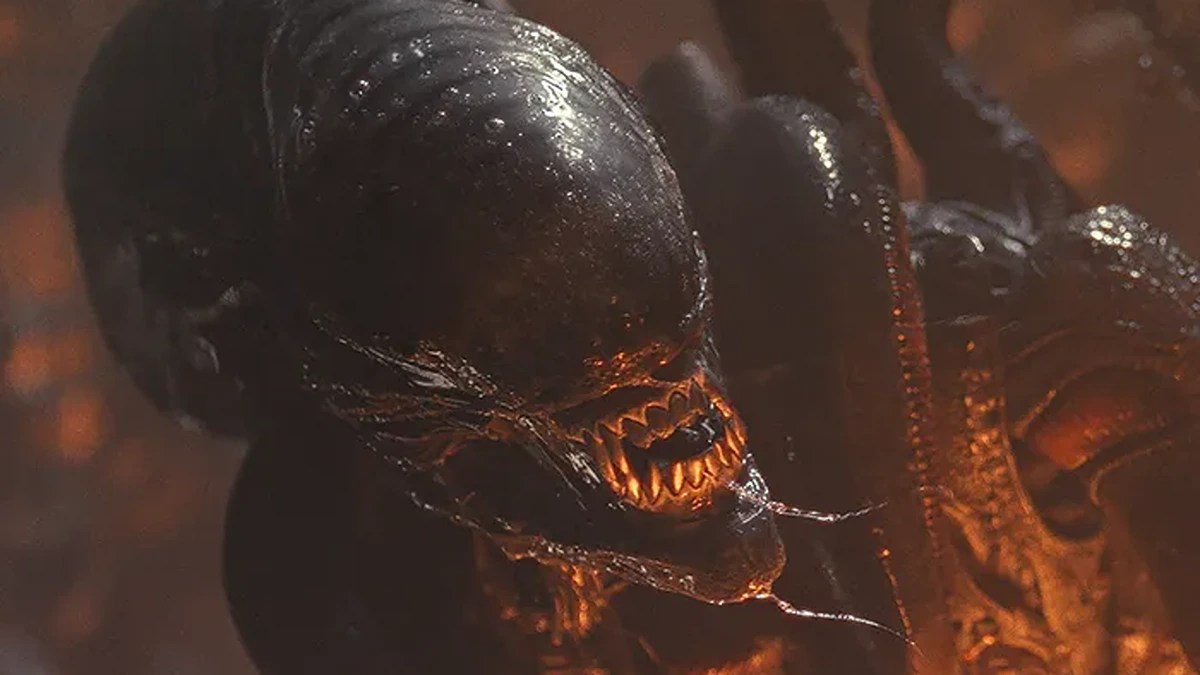August 16 marked the return of the Alien saga to the big screen after a seven-year absence. Director Fede Álvarez’s Alien: Romulus sprung into theaters everywhere and has since made waves in both ways good and bad. While it has drawn critique for its perceived over-reliance on franchise hallmarks and callbacks, others have showered the film with praise. Numerous critics and moviegoers alike were intrigued by the story, satisfied with the frights and overall content to call it a solid entry in the Alien canon.
Despite plenty of people out there believing it to be one of the film’s greatest weaknesses, countless Alien die-hards were happy to see so many references and allusions to previous installments. After all, Romulus is an indirect sequel to director Ridley Scott’s 1979 classic, Alien, which started it all. In fact, the USCSS Nostromo, where Ellen Ripley (Sigourney Weaver) and her companions are ambushed by the Xenomorph in said film, is a principal location in Romulus. At the same time, Alien isn’t the only project in the series that informed Álvarez’s terrifying feature.
According to the director himself, the horror video game favorite Alien: Isolation played a pivotal role in the crafting of Romulus in more ways than one.

Isolation kickstarted Álvarez’s interest in making an Alien movie
Released on October 7, 2014, and set 15 years after the events of Alien, Alien: Isolation follows the daughter of Ellen Ripley, Amanda (Andrea Deck), who is trying to pinpoint her mother’s whereabouts following her disappearance. She doesn’t get very far, however, before she encounters Xenomorphs, facehuggers, and more dangers. All in all, Isolation is an excellent survival horror title that has grown especially adored by Alien fans and gamers who are up for a spooky challenge. Evidently, Fede Álvarez is quite a fan as well, hence why he put so much of it into the DNA of Alien: Romulus.
Álvarez revealed as much during a conversation on the Inside Total Film podcast (via Games Radar), where he explained that the entire foundation of his film was created thanks to Isolation. “Alien: Isolation was kind of what made me see that Alien could truly be terrifying and done well [today],” he explained, noting that he first picked Isolation up around the time his 2016 film Don’t Breathe was coming together. As he played, he began yearning to tell an Alien story at the movies. Thankfully for him, it didn’t take long for such an opportunity to arise. Once it did, he not only made it a priority to capture the tense, chilling tone of Isolation, reigniting the horror that made Alien such a hit 45 years ago, but to honor the game in the form of a fun yet meaningful Easter egg.
Continuing, Álvarez explained that emergency phones, which act as checkpoints in Isolation to save your game, are prevalent throughout Romulus. As it turns out, though, he didn’t merely want to toss them in as a fun nod to the almost decade-old game. “The movie is set up in a way [that] every time something bad is about to happen, you will see a phone,” he said, warning those that haven’t seen Romulus that they should “brace for impact” every time a phone appears on screen, just as they would while using one in the game. In Isolation, they take time to use, leaving Amanda vulnerable to Xenomorph attacks as the save completes.

Isolation took inspiration from Alien
For the most part, much like Alien: Romulus, Alien: Isolation does try to blaze its own trail. It takes the established lore of the Alien series and builds on it while simultaneously honoring what came before. Interestingly, the folks behind the game did the inverse of what Fede Álvarez did by looking to an existing movie to create a video game. Speaking to PC Gamer in January 2015, a few months after the game was released, Isolation creative lead Alistair Hope revealed that he and the team pulled heavily from the original Alien movie, emulating what made it and continues to make it such a pop culture sensation.
“Alien is unmistakably Fox’s property, but from the moment we pitched the original concept to them, they’ve been completely behind us. I think because we were trying to stay true in spirit to the original, they felt like it was in safe hands,” Hope told the publication, touching on the relationship between Isolation‘s development house, Creative Assembly, and the now-Walt Disney Company-owned 20th Century Fox. This positive collaboration led Fox to share key assets, from costumes to props to miscellaneous production material, with Creative Assembly to make Isolation as true to the trend-setting science fiction feature as possible.
Romulus is effectively a movie inspired by movies and a video game, which is also inspired by a movie. Perhaps the chain will continue, and we’ll someday get a new Alien game with elements attributed to Álvarez’s emergency phone-laden creation.








